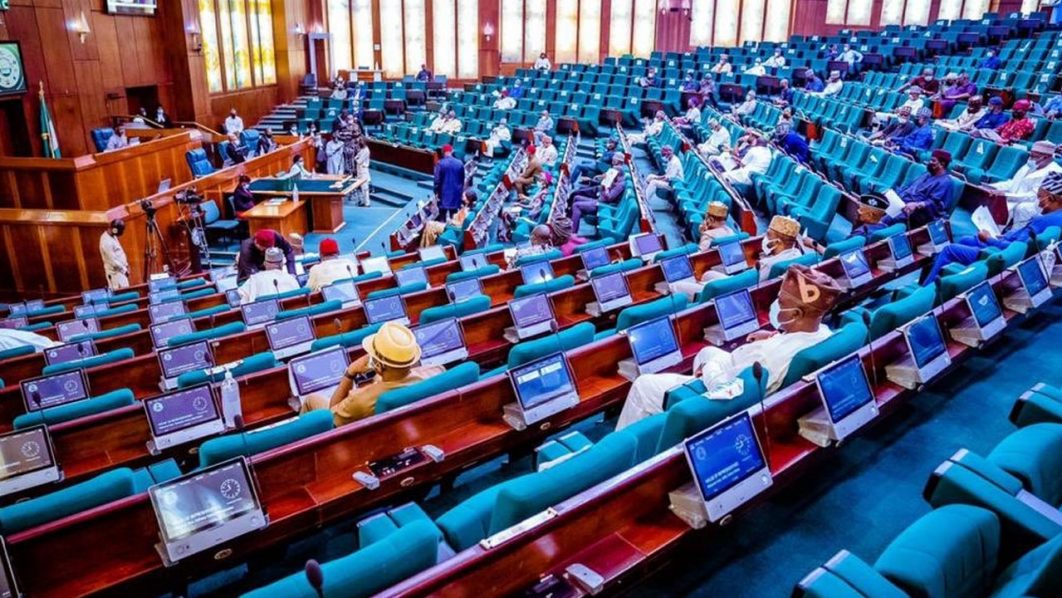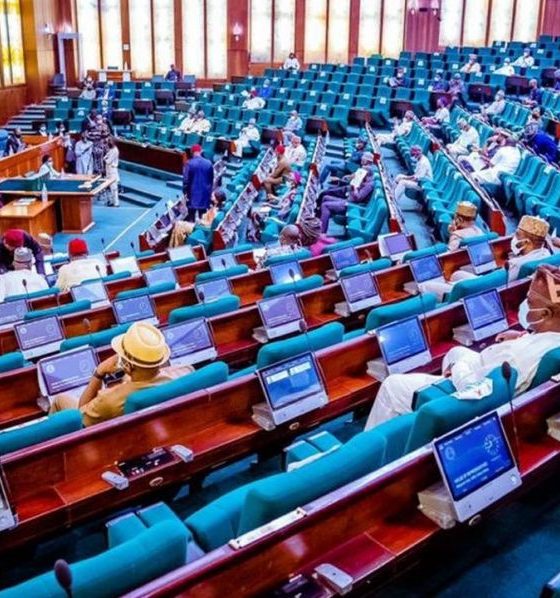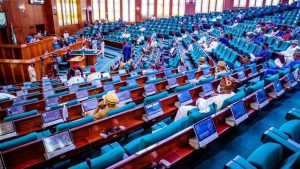

News
Lawmakers Moves to Ban Adult Content Websites in Nigeria.
Lawmakers Moves to Ban Adult Content Websites in Nigeria
The Nigerian House of Representatives has taken a decisive stance on internet regulation, calling for an immediate ban on adult content websites across the country. The motion, spearheaded by Dalhatu Tafoki, a lawmaker from Katsina State under the All Progressives Congress (APC), has sparked widespread debate.
The Motion and Its Justification
During Tuesday’s plenary session, lawmakers urged the Nigerian Communications Commission (NCC) to direct all Internet Service Providers (ISPs) to block access to adult content platforms. Tafoki, in his argument, described adult content as a growing global concern that Nigeria has not adequately addressed.
“Nigeria is a highly religious country, and all major religions here forbid nudity and obscenity in any form,” Tafoki stated. He further referenced other countries in Asia, Africa, and the Middle East that have enacted similar bans to restrict access to explicit material.
Beyond religious and cultural grounds, Tafoki highlighted the psychological and societal impact of adult content. He pointed to studies suggesting links between exposure to such content and issues like addiction, desensitization, and a shift in moral values. He also associated it with rising cases of adultery, prostitution, and other forms of promiscuity.

Implementation and Enforcement
Following a voice vote in favor of the motion, the House mandated its Committees on Communications and Legislative Compliance to oversee the enforcement of the directive. The Nigerian Communications Act and the National Information Technology Development Act will serve as legal backing for penalizing non-compliant ISPs. Speaker Tajudeen Abass reaffirmed that any ISP failing to adhere to the ban would face sanctions.
Mixed Reactions from Nigerians
As expected, the motion has generated mixed reactions among Nigerians. While some applaud the lawmakers for prioritizing national morality, others question the feasibility and effectiveness of the ban. Critics argue that restrictions alone may not address the root causes of pornography consumption and that digital censorship could lead to larger debates about internet freedom in Nigeria.
Moreover, the effectiveness of similar bans in other countries has been inconsistent, with tech-savvy users often bypassing restrictions through Virtual Private Networks (VPNs) and proxy servers.
What’s Next?
With the Committees on Communications and Legislative Compliance set to report back within four weeks, all eyes are on the government’s next steps. Will this motion lead to a concrete and enforceable ban, or will it fizzle out as another policy debate? Nigerians await the outcome, with opinions divided on whether this move is a moral necessity or an overreach into personal freedoms.





